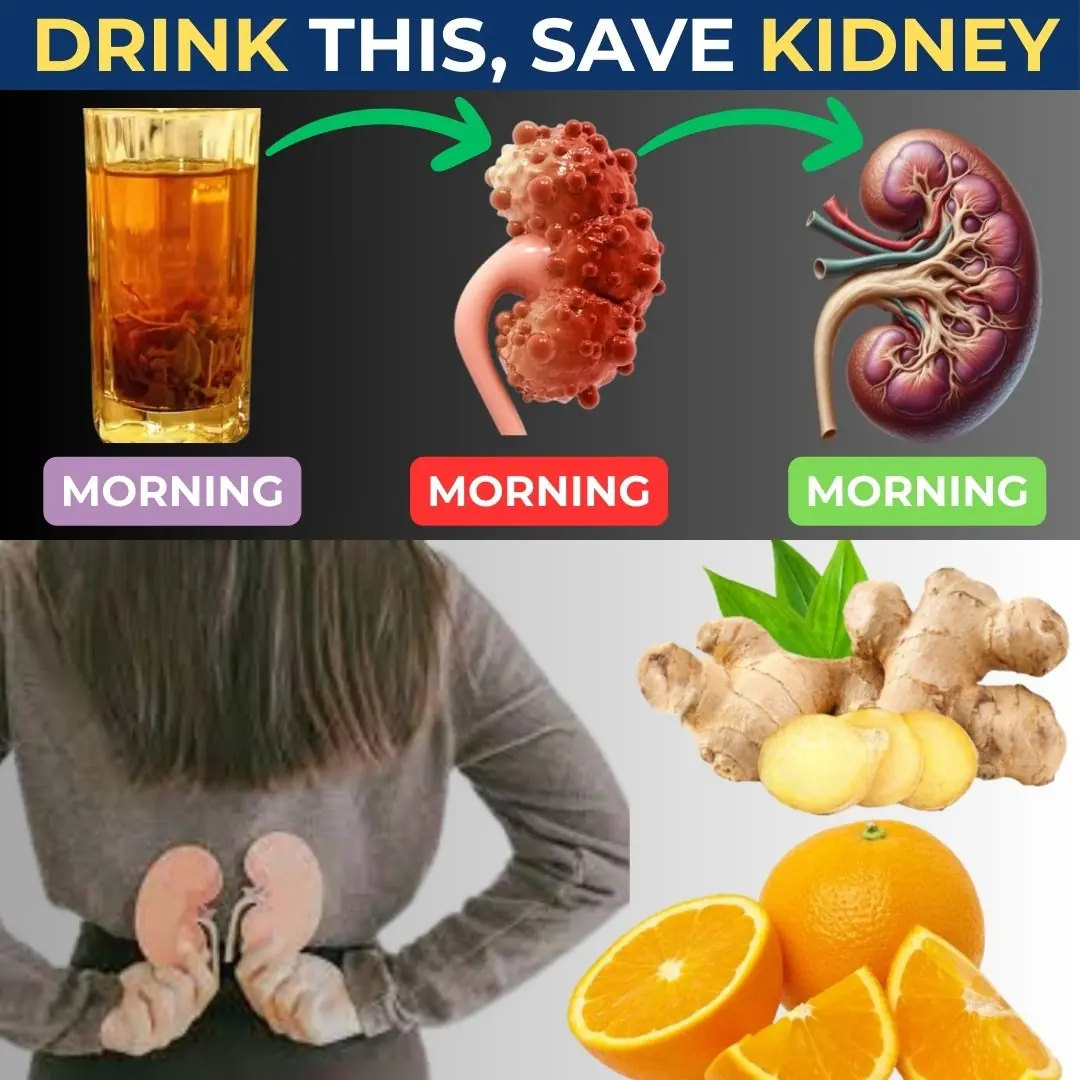
23 Unusual Warning Signs of Kidney Disease You Should Never Ignore

Kidney disease is often called the “silent killer” for a reason — it can develop slowly and quietly, showing few or no symptoms until significant damage has already occurred. While common warning signs like fatigue, swelling in the feet, or changes in urination are widely recognized, there are many lesser-known symptoms that people often overlook. Identifying these subtle signals early on could save your kidneys — and potentially your life.
In this expanded guide, we’ll dive into 23 unusual but critical signs of kidney dysfunction that are frequently missed, and offer tips on what to do if you recognize them.
🧬 What Is Kidney Disease, and Why Is It Dangerous?
Your kidneys play a vital role in keeping your body in balance. These bean-shaped organs filter waste products from the blood, regulate electrolytes, manage fluid levels, and help control blood pressure. When they begin to fail, waste and excess fluid accumulate in the body, leading to a cascade of health issues.
Because the kidneys are so efficient, they often continue to function until they’re significantly damaged — making early detection crucial.
🧠 23 Unusual Symptoms of Kidney Disease You Shouldn't Ignore
Here are the often-overlooked signs that your kidneys might be in trouble:
-
Metallic Taste in the Mouth
A build-up of toxins in the blood (uremia) can cause a metallic or ammonia-like taste, often changing how food tastes or making eating unpleasant. -
Ammonia-Like Breath
Bad breath resembling the smell of urine or ammonia can occur when the kidneys fail to filter out urea from the blood. -
Persistent Itching (Pruritus)
Itching — especially on the back, arms, or legs — may stem from a buildup of waste or imbalances in calcium and phosphorus levels. -
Foamy or Bubbly Urine
This is an early indicator of protein leaking into your urine, a condition known as proteinuria — a telltale sign of kidney damage. -
Insomnia or Poor Sleep Quality
Accumulated toxins interfere with sleep cycles, often resulting in restless nights, frequent awakenings, or daytime fatigue. -
Frequent Muscle Cramps
Kidney problems can lead to imbalances in minerals such as calcium, magnesium, and phosphorus, causing painful cramps — especially at night. -
Puffy Eyes (Especially in the Morning)
Swelling around the eyes may signal that your kidneys are leaking protein into the urine, reducing the amount available for the body. -
Aversion to Meat or Protein
If meat suddenly tastes bad or causes nausea, a buildup of urea could be altering your appetite and digestive response. -
Frequent Hiccups
Unexpected hiccups may be linked to a buildup of toxins or shifts in your body's electrolyte levels. -
Nausea and Vomiting
As waste accumulates, it irritates the digestive tract, often leading to nausea, vomiting, or even weight loss. -
Strong or Strange Body Odor
Some people with kidney issues develop a strong, fishy, or ammonia-like smell due to toxins being expelled through sweat. -
Increased Nighttime Urination
Waking up multiple times a night to urinate — especially if the urine is pale or foamy — can be a red flag. -
Uncontrolled High Blood Pressure
The kidneys regulate blood pressure. If your hypertension isn’t responding to treatment, impaired kidney function may be the cause. -
Brain Fog or Poor Concentration
Kidney dysfunction can lead to anemia and toxin buildup, which reduce oxygen to the brain and cause difficulty focusing or memory issues. -
Unexplained Skin Rashes
Toxins in the bloodstream can cause itchy, inflamed, or dry patches that mimic eczema, psoriasis, or allergic reactions. -
Sudden Loss of Appetite
Feeling full quickly or a persistent lack of interest in food is common in advanced kidney disease and should not be ignored. -
Shortness of Breath
Kidneys that aren’t working properly may allow fluid to build up in the lungs or cause anemia — both of which affect breathing. -
Always Feeling Cold
People with kidney issues may feel unusually cold even in warm settings, often due to reduced red blood cell production. -
Pain in the Lower Back or Sides
Pain just below the ribs on either side of the spine can indicate kidney stones, infections, or inflammation of the kidneys. -
Brittle Hair and Nails
Poor kidney function leads to nutritional deficiencies that can weaken hair strands and slow nail growth. -
Tingling, Numbness, or Burning Sensations
Electrolyte imbalances and nerve damage may result in a tingling or burning feeling in the limbs, especially feet and hands. -
Rapid or Unexplained Weight Loss
Ongoing nausea, poor appetite, and muscle breakdown can cause noticeable weight loss in a short time. -
Swollen Ankles and Feet
One of the most visible and common signs of fluid retention. This swelling may worsen throughout the day or after long periods of sitting or standing.
🚨 Why Recognizing These Signs Early Is Essential
When caught early, kidney disease can often be managed — and in some cases, its progression can be slowed or even reversed. If ignored, it can lead to chronic kidney disease (CKD) or even end-stage renal failure, requiring dialysis or a transplant.
✅ What to Do If You Notice These Symptoms
If you’re experiencing one or more of the signs above, it’s crucial not to delay action. Here's what you can do:
-
Visit a healthcare provider to request a kidney function panel — especially a creatinine test, glomerular filtration rate (GFR), and urinalysis.
-
Track your blood pressure and blood sugar regularly, especially if you have diabetes or hypertension — two major risk factors for kidney disease.
-
Limit salt, processed foods, and excess protein, all of which put extra strain on your kidneys.
-
Avoid over-the-counter NSAIDs (like ibuprofen) and other medications known to harm kidney function.
-
Stay hydrated, but consult a doctor if you’ve already been diagnosed with kidney issues.
-
Adopt a kidney-friendly diet rich in whole foods: leafy greens, berries, sweet potatoes, whole grains, and healthy fats.
🛡️ Take Charge of Your Kidney Health Today
Your kidneys may not “speak” loudly when they're in distress — but these subtle signals are their way of asking for help. Awareness and early detection are your best defenses.
Don't wait for visible damage. By recognizing these 23 lesser-known symptoms and acting promptly, you can protect your kidneys and maintain your quality of life.
👉 Share this guide with your friends and family — kidney disease often goes undiagnosed until it’s too late. A simple conversation could lead to lifesaving action.
News in the same category


🌿 10 Amazing Health Benefits of Okra
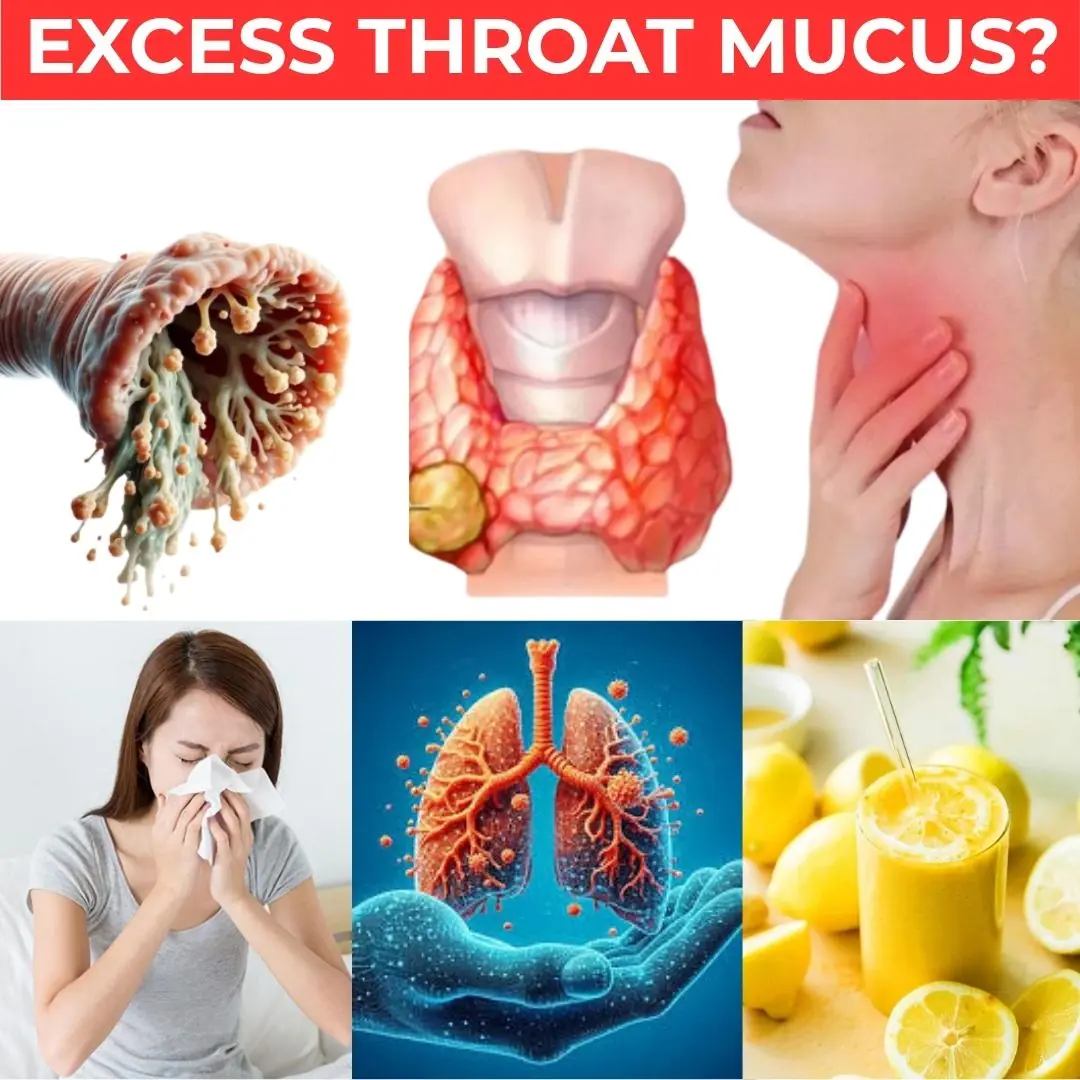
Clear Mucus from Your Lungs in Just 3 Days and Support Your Thyroid with Just One Orange – See the Recipe!
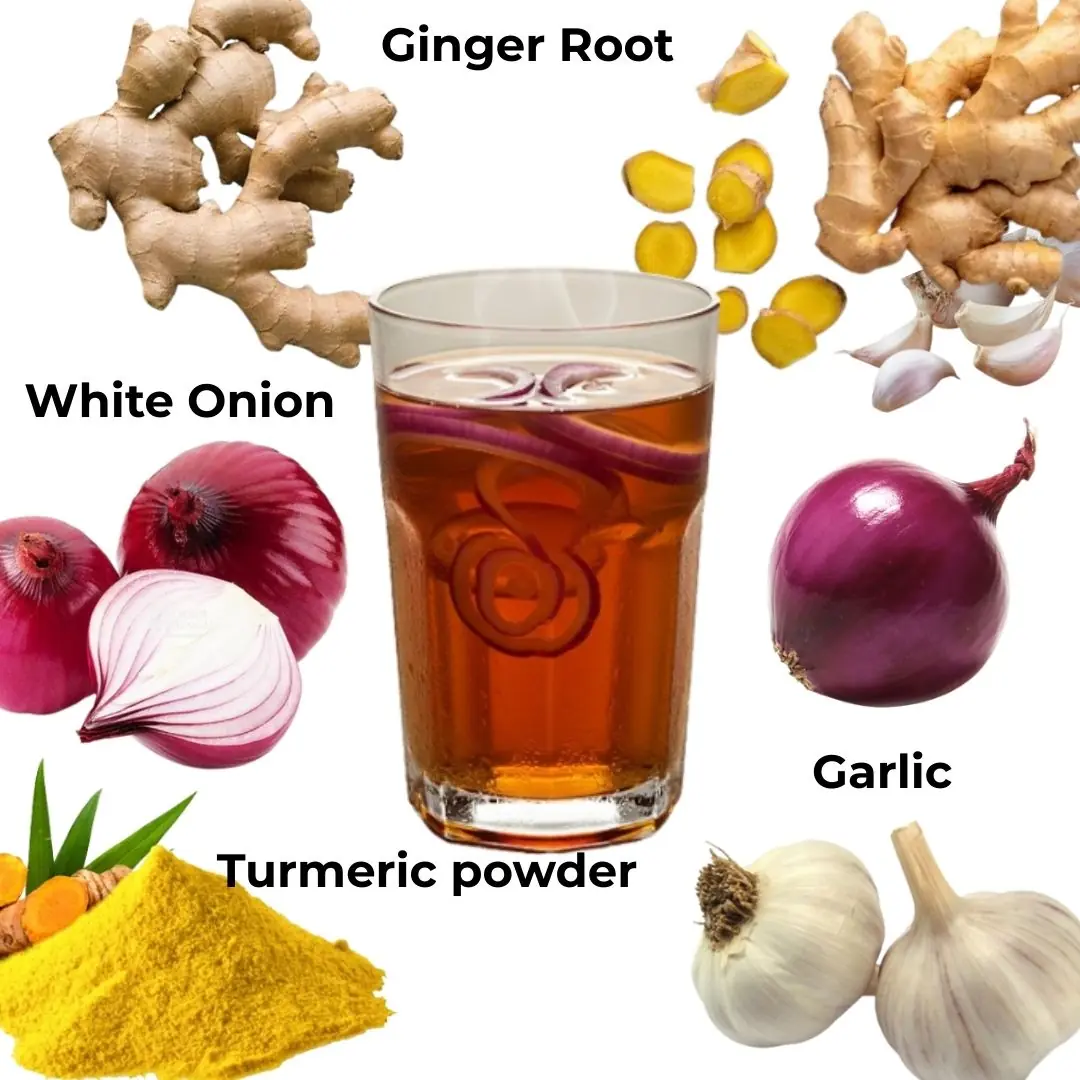
Lime, Garlic, Turmeric & Ginger: The Ultimate Natural Booster for Men’s Health 🍋🧄🌿
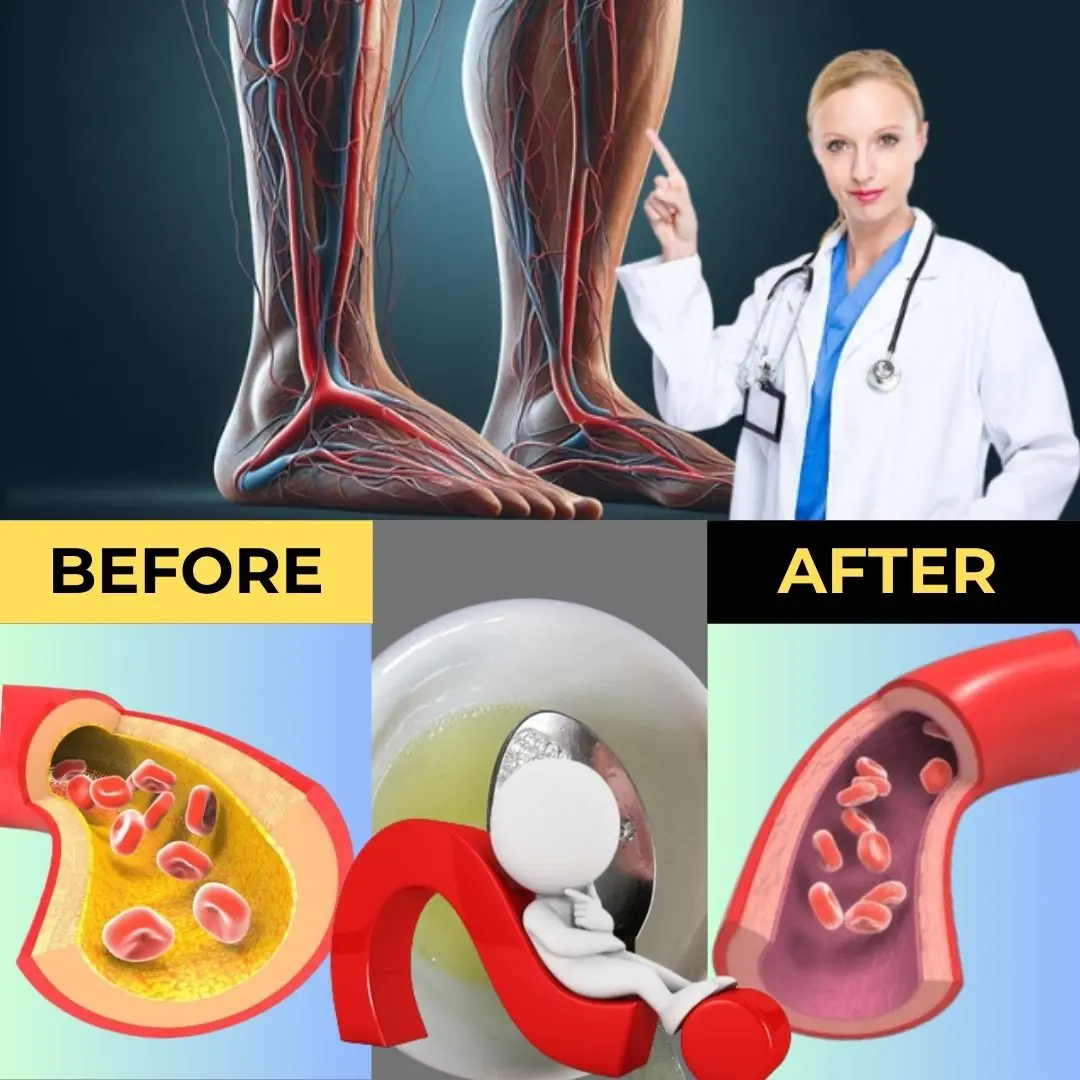
1 Teaspoon of THIS Instantly Boosts Blood Flow – Doctors Won’t Tell You!

Healthy and Delicious Banana, Avocado & Carrot Smoothie Recipe 🥑🍌🥕

Mix Vaseline with Tomato and You’ll Be Surprised! The Skincare Hack Everyone's Talking About

✨ Reclaim Your Energy Naturally with Lemon & Honey: Feel 18 Again!
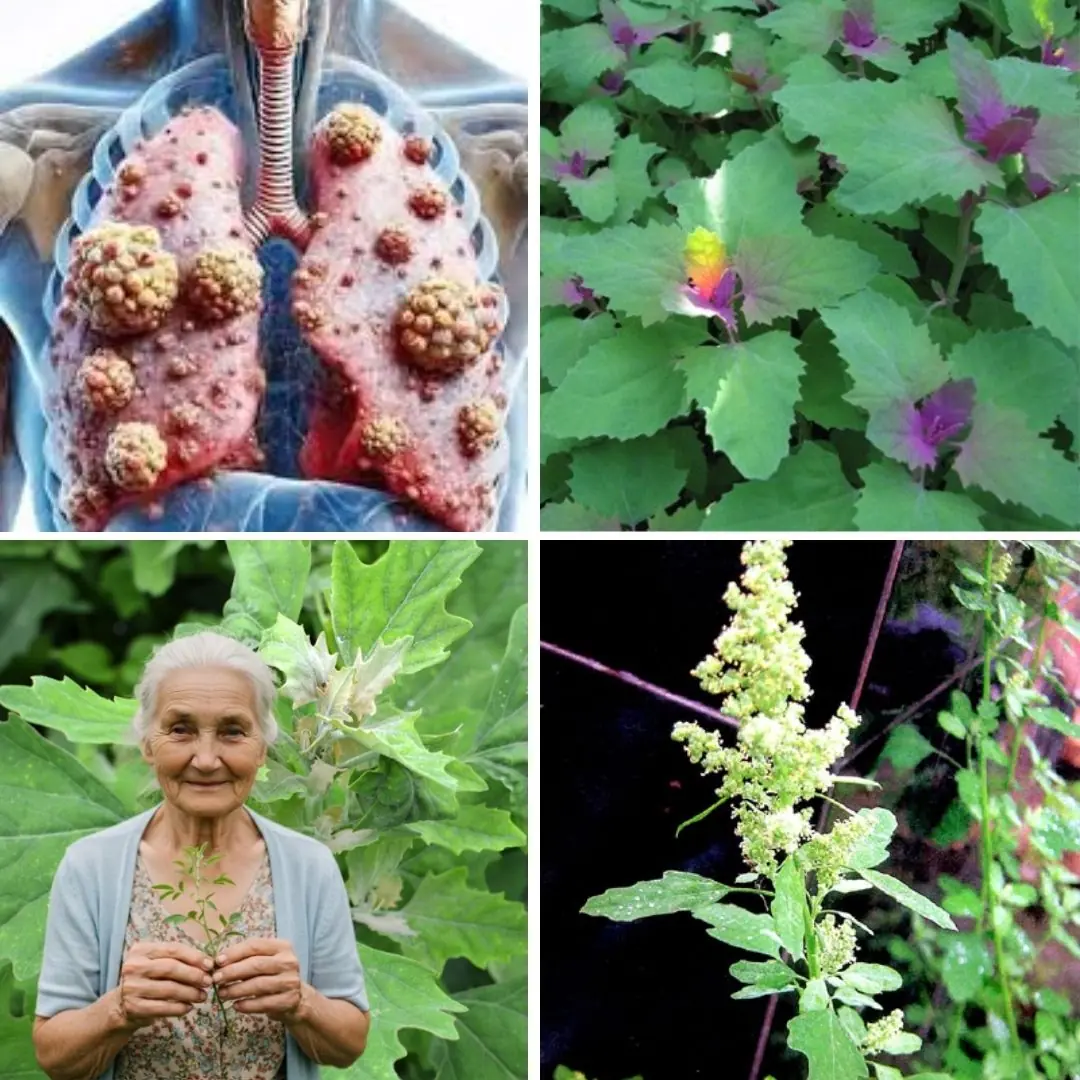
Discover the Power of Lamb’s Quarters: A Superfood You Shouldn’t Ignore

The Cucumber-Ginger-Mint-Lemon Water Craze: Just a Trend or a True Health Elixir?
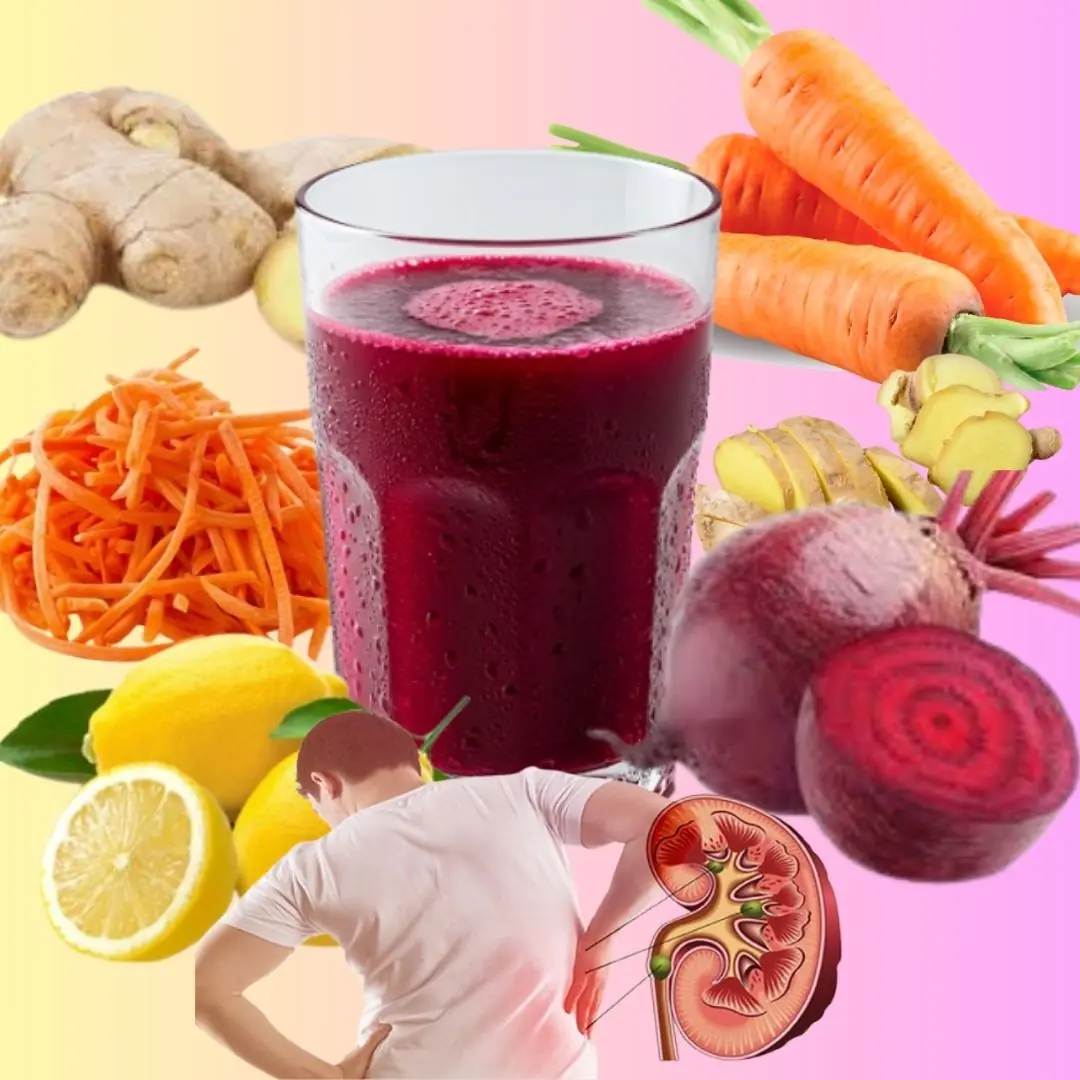
Cleanse Your Kidneys with Beetroot, Carrot, Ginger, and Lemon: A Natural Remedy Using Just Two Ingredients

Natural Hair Darkening Remedy: Cloves and Garlic

It will make your bladder and prostate look like new! Working grandfather’s recipe!
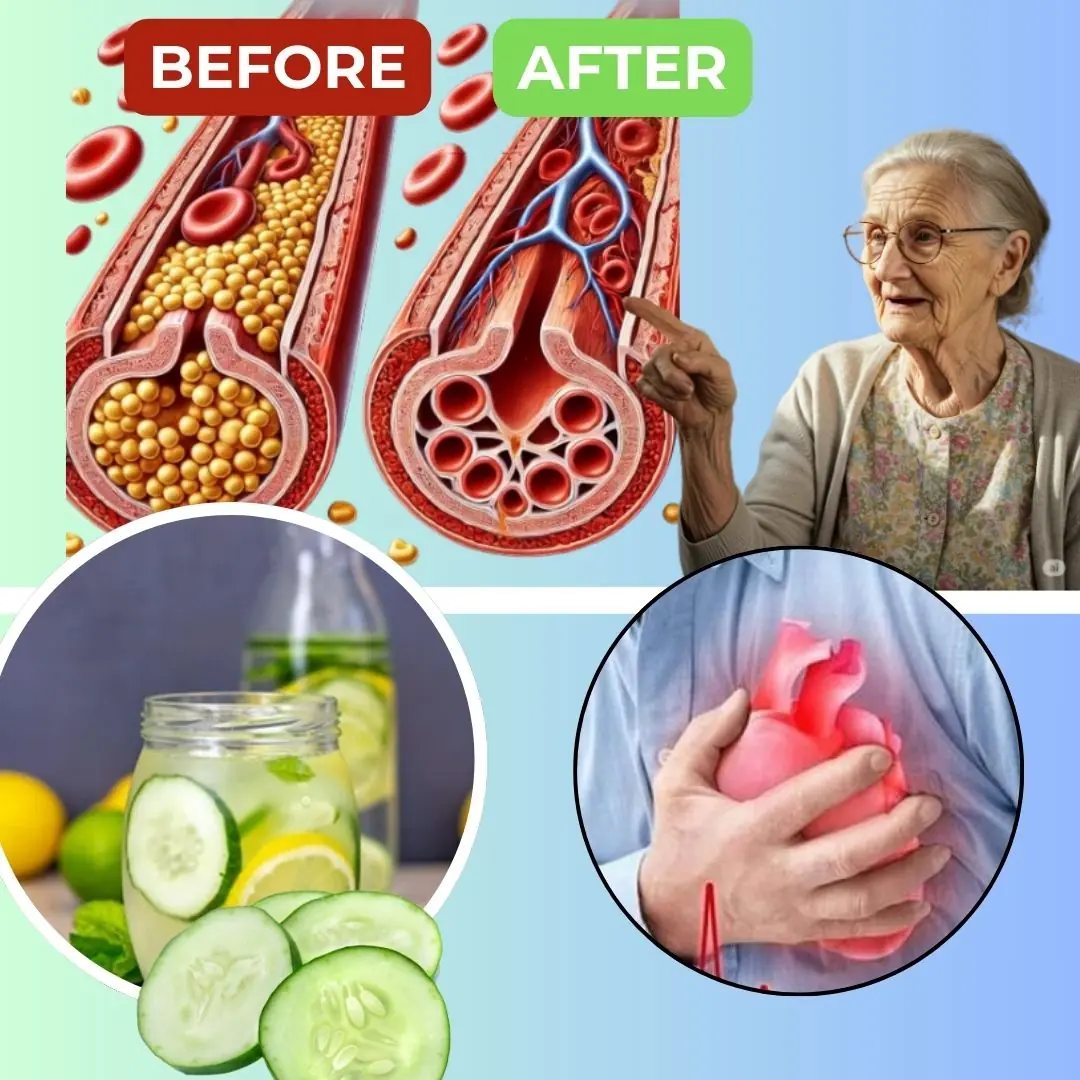
10 Vegetables That Naturally Help Clear Blocked Arteries

Papaya Flowers Soaked in Honey: A Potent Natural Remedy
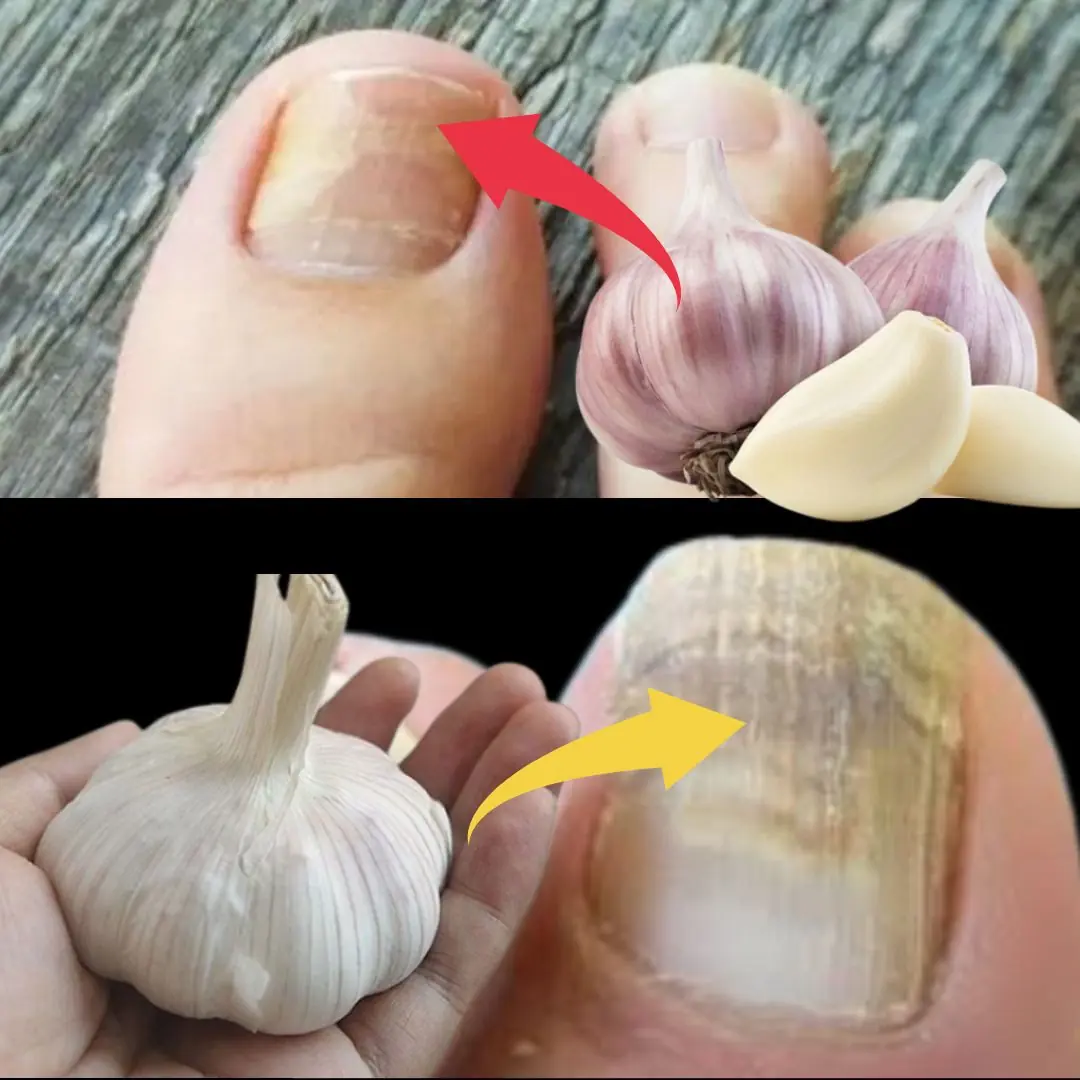
This Natural Nail Fungus Killer Works Fast: Garlic!
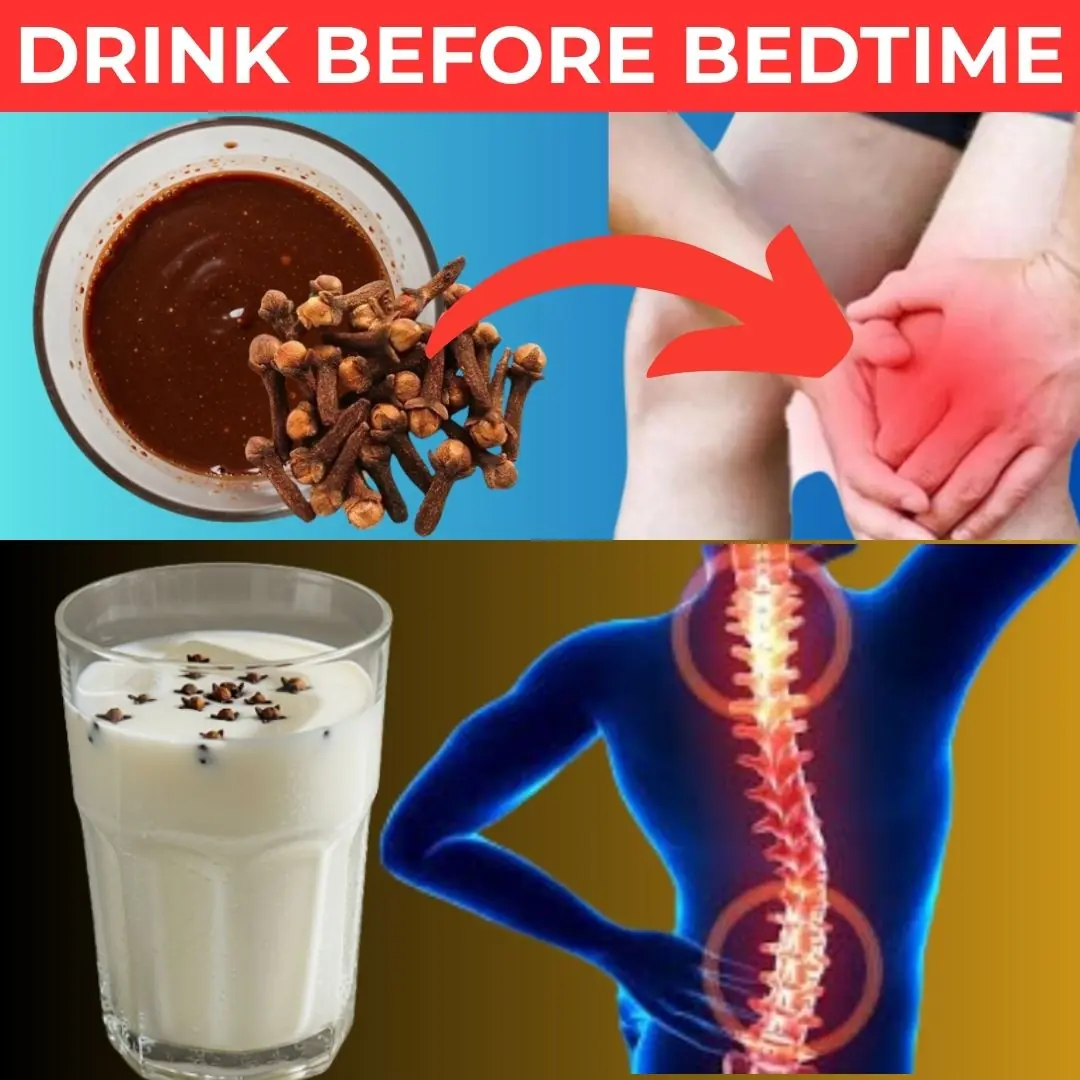
Old Doctor’s Remedy: Almond Milk with Cloves Treats 15 Health Problems in Just 1 Week
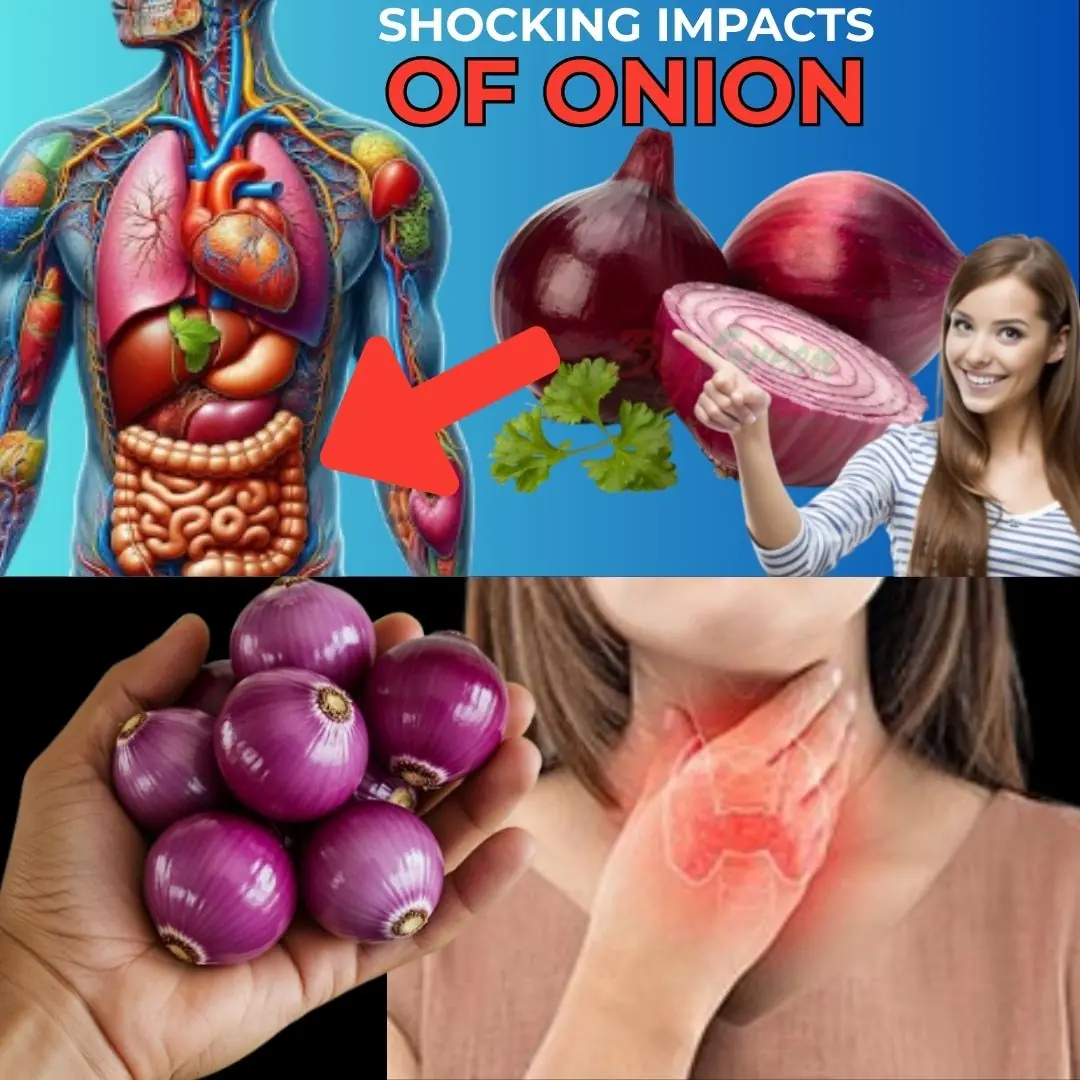
The Amazing Health Benefits of Onions: Why This Kitchen Staple Deserves a Spot in Your Wellness Routine
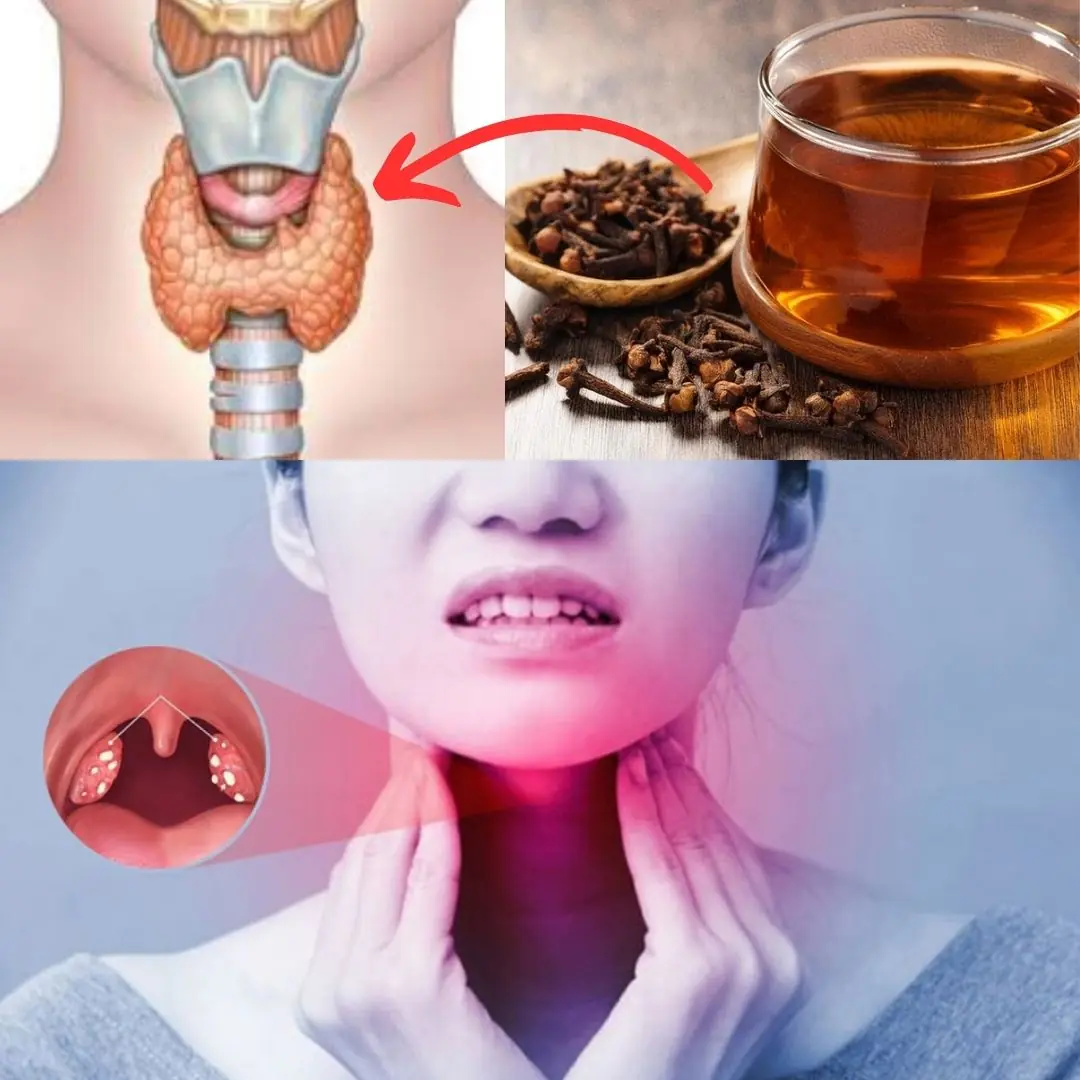
Kills Sore Throat and Inflammation – Cloves: Nature’s Antibiotic! 🌿🧄✨
News Post
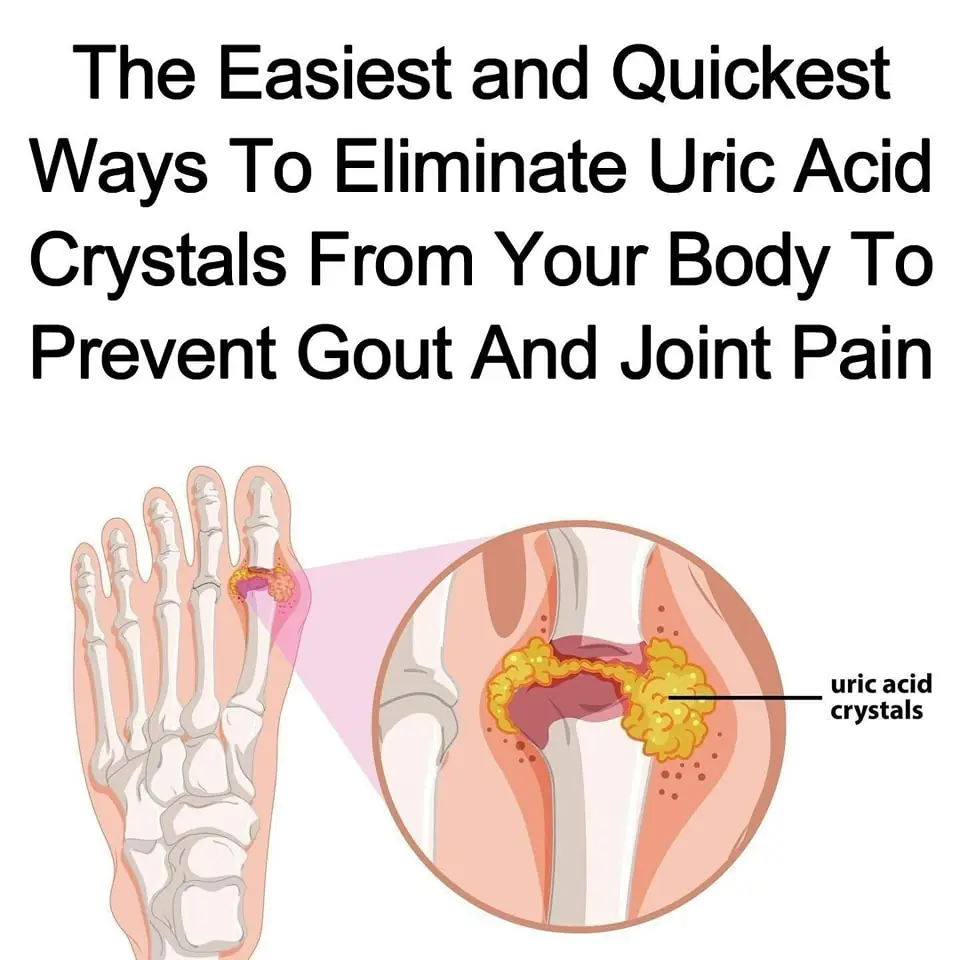
How to help naturally relieve gout and joint pain
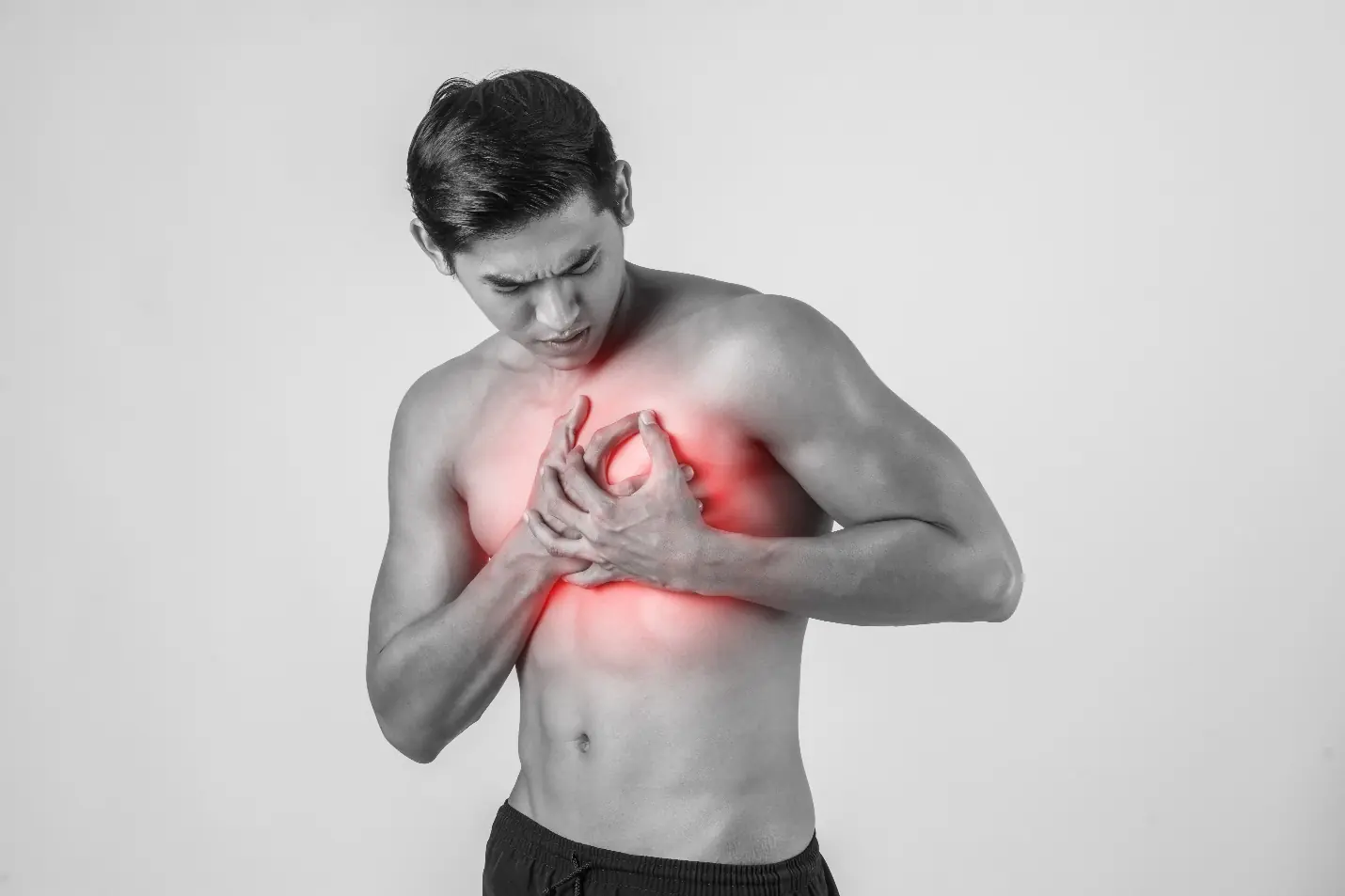
Sudden Sharp Chest Pain? The Mystery May Finally Be Solved
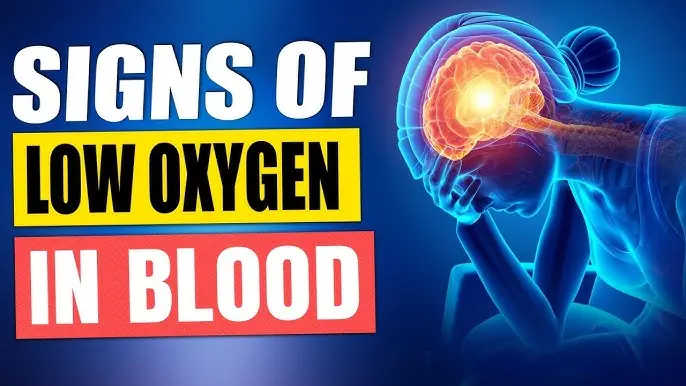
8 Warning Signs Your Oxygen Levels May Be Too Low — And How to Improve Them Naturally

Man Loses 400 Pounds Naturally and Raises Funds to Remove Excess Skin
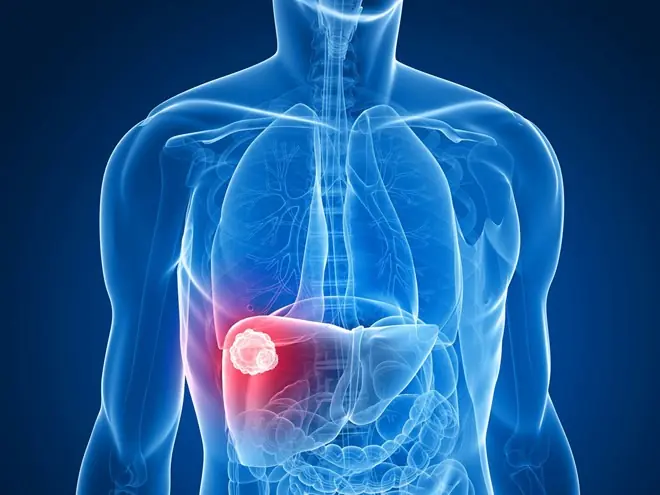
47-Year-Old Man Dies of Liver Cancer: ‘2 Pains and 2 Itches’ Could Be Warning Signs of Liver Disease

Losing 93 Kilograms by Eating Only Meat and Eggs for Half a Year — Even the Doctor Was Shocked
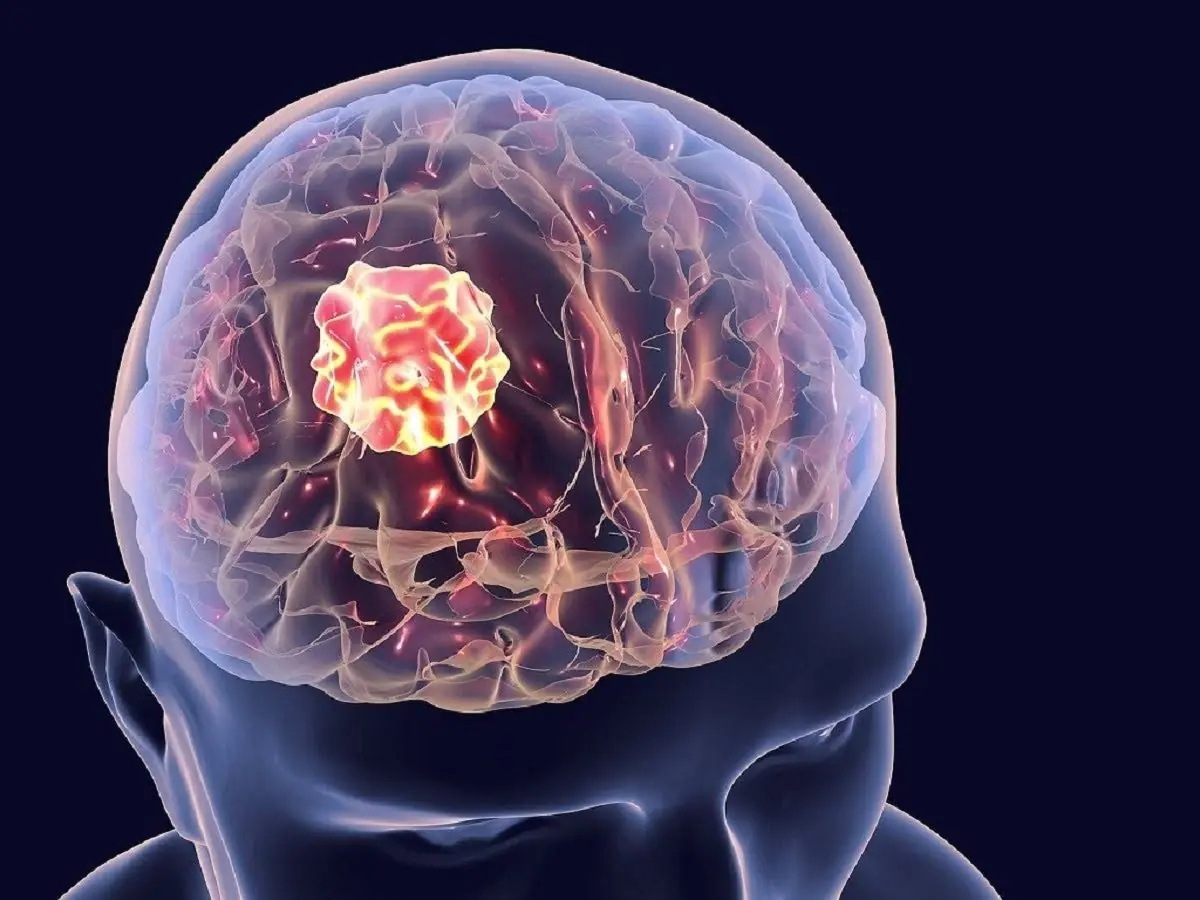
How Dangerous Are Brain Tumors? If You Have These Symptoms, Get Checked Before It's Too Late

Man Spends Life Savings On Abandoned Ghost Town Once Worth $500 Million

Detox Naturally with Tangerine, Walnuts, and Ginger: A Gentle Reset for Energy, Digestion & Vitality

🌿 10 Amazing Health Benefits of Okra
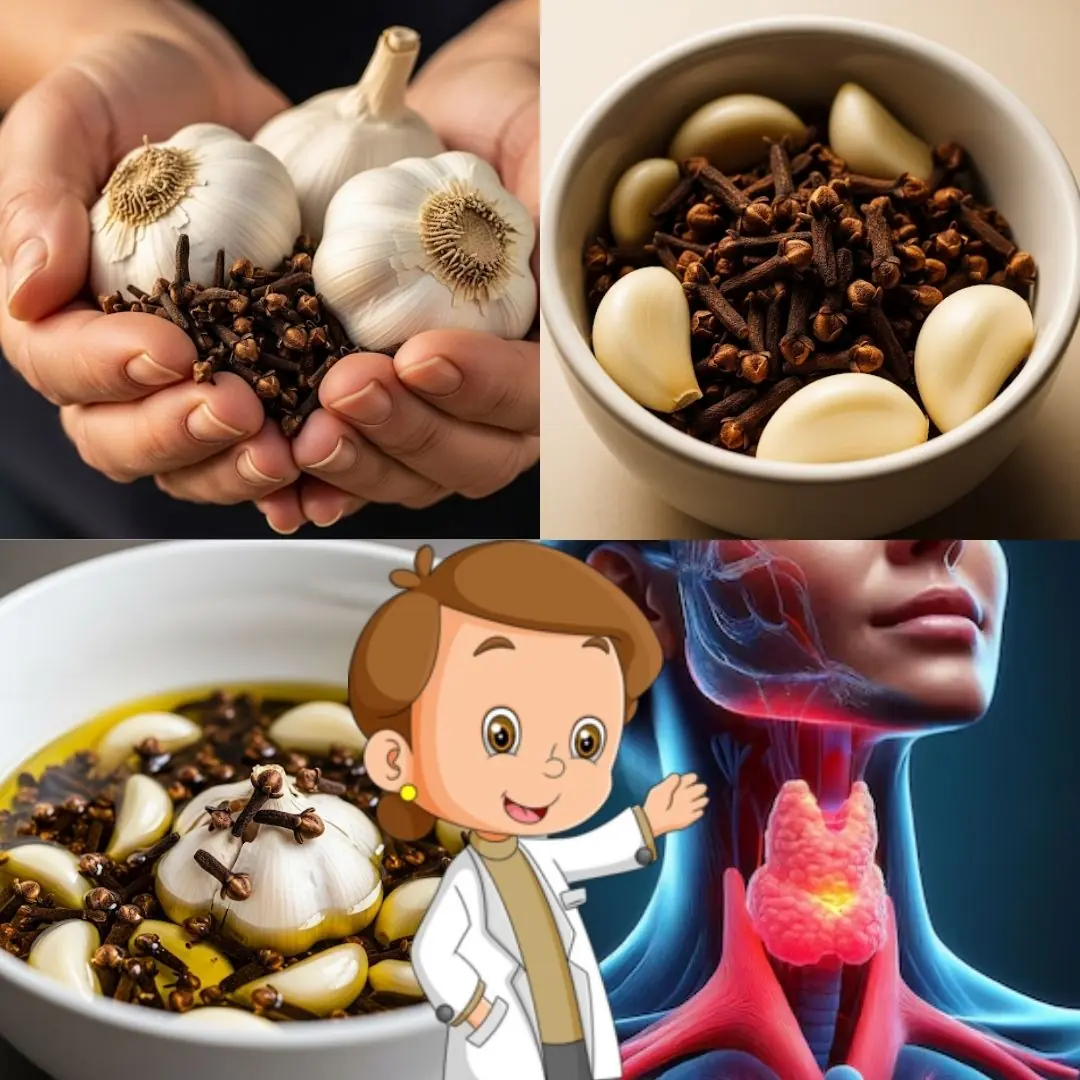
Clove Benefits: The Tiny Spice with Powerful Healing Properties You Need to Know

Clear Mucus from Your Lungs in Just 3 Days and Support Your Thyroid with Just One Orange – See the Recipe!

My Stepdaughter Was Locked up in a Closet During My Wedding Ceremony – We Were Shocked to Discover Who Did That to Her and Why

My Parents Chose My Sister Over My Wedding — So My Best Man Put Them on Blast

Flight Attendant Woke Me Up & Told Me to Check My Husband's Bag While He Was Away — I Never Expected What I Found
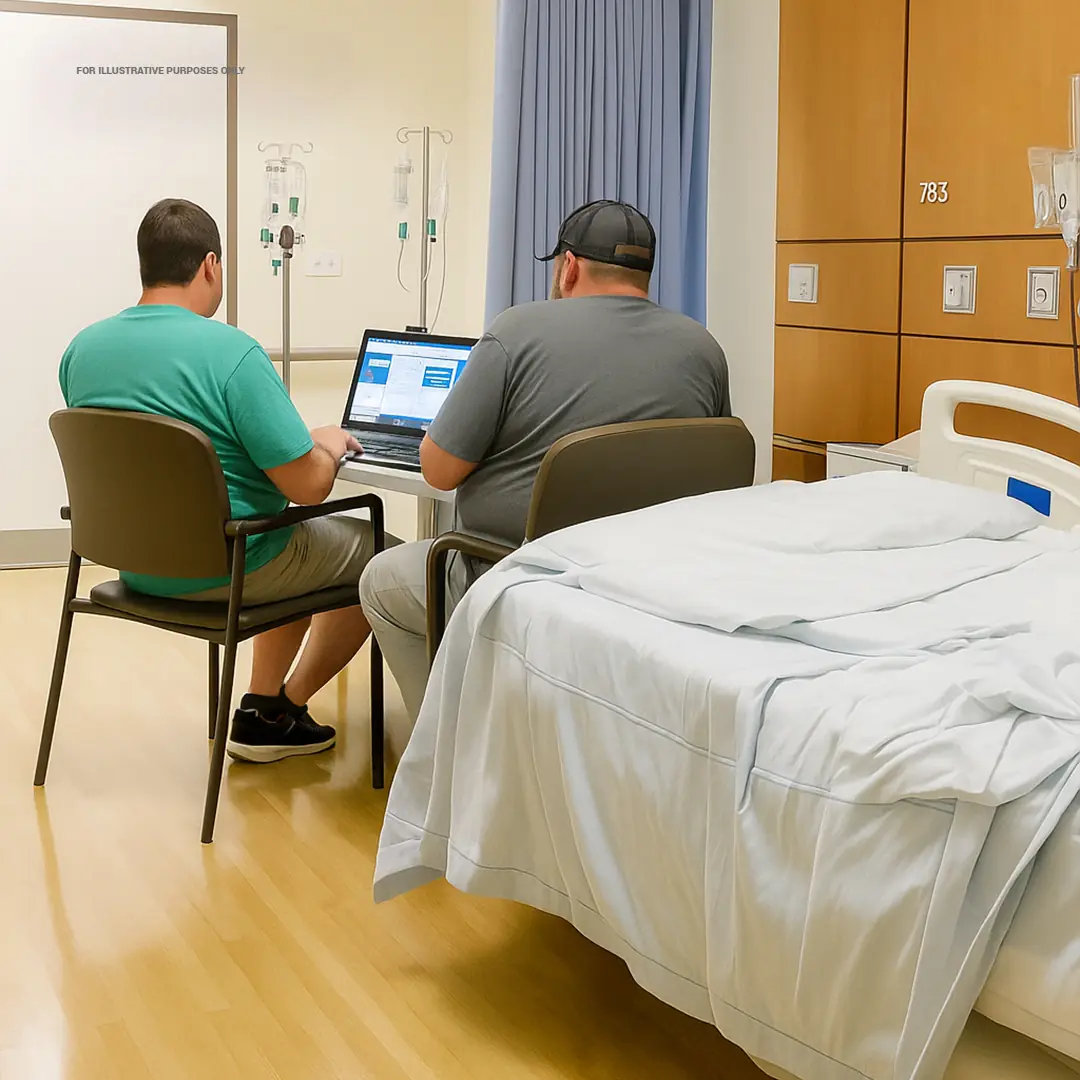
My Husband Brought an Xbox to the Delivery Room and Invited His Friend Because He 'Didn't Want to Be Bored While I Was in Labor'

I Found Tickets in My Husband's Old Jacket and Filed for Divorce the Next Day

Scientists Baffled By Perfect Sphere Emitting Radio Signals From Deep Space
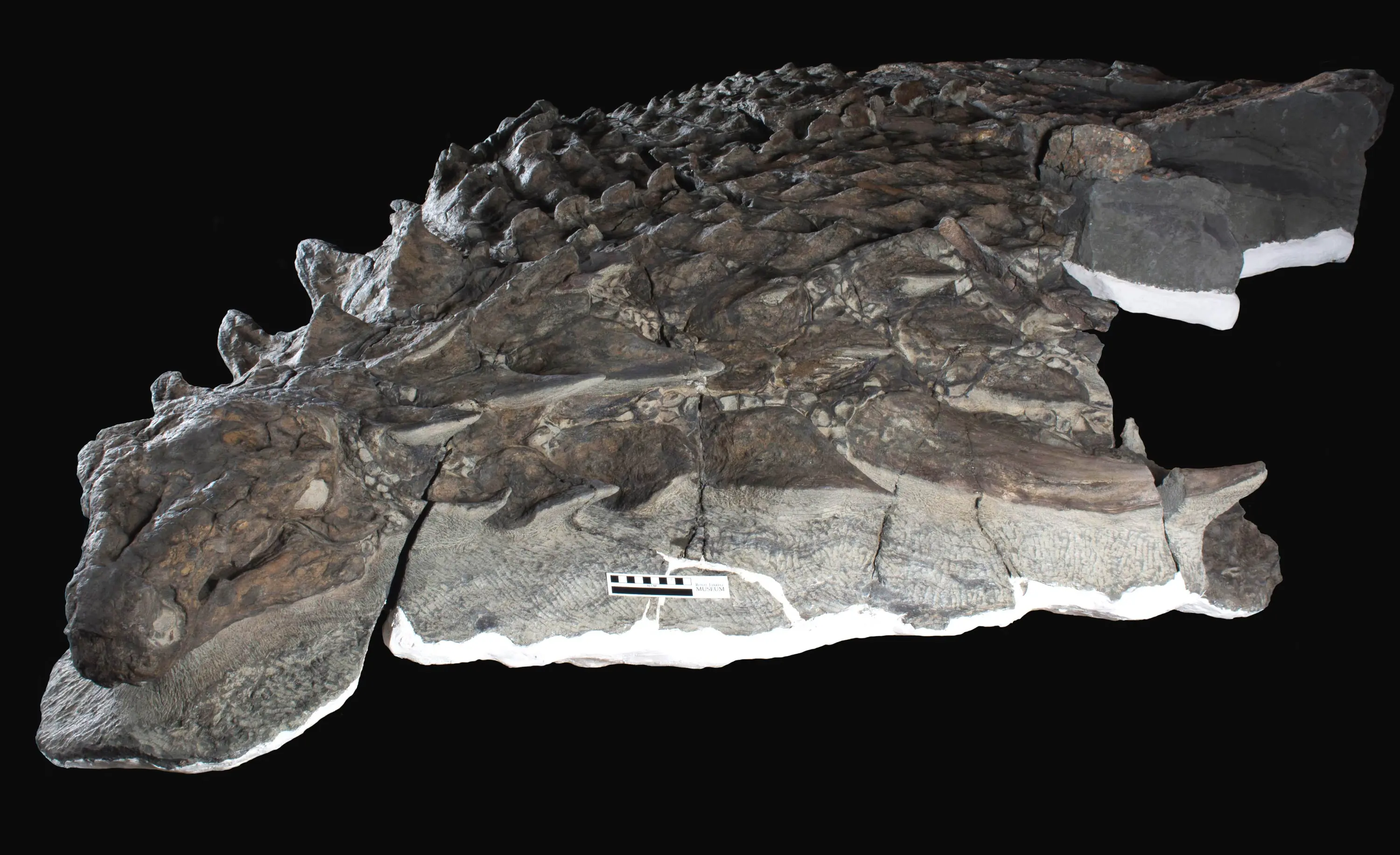
Meet Borealopelta markmitchelli: The Best-Preserved Dinosaur Fossil Ever Discovered
